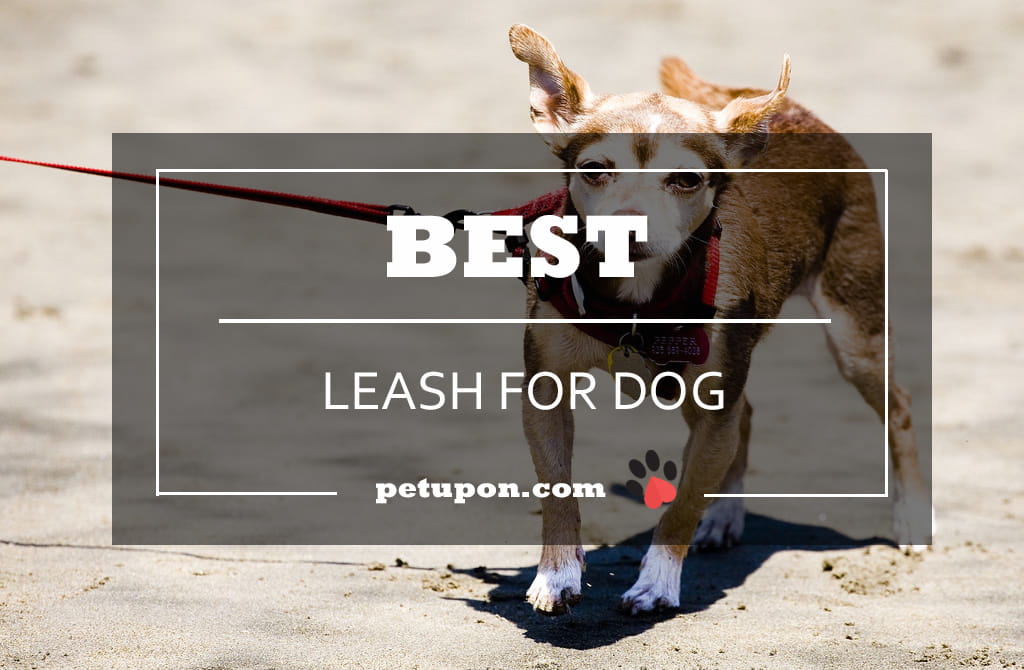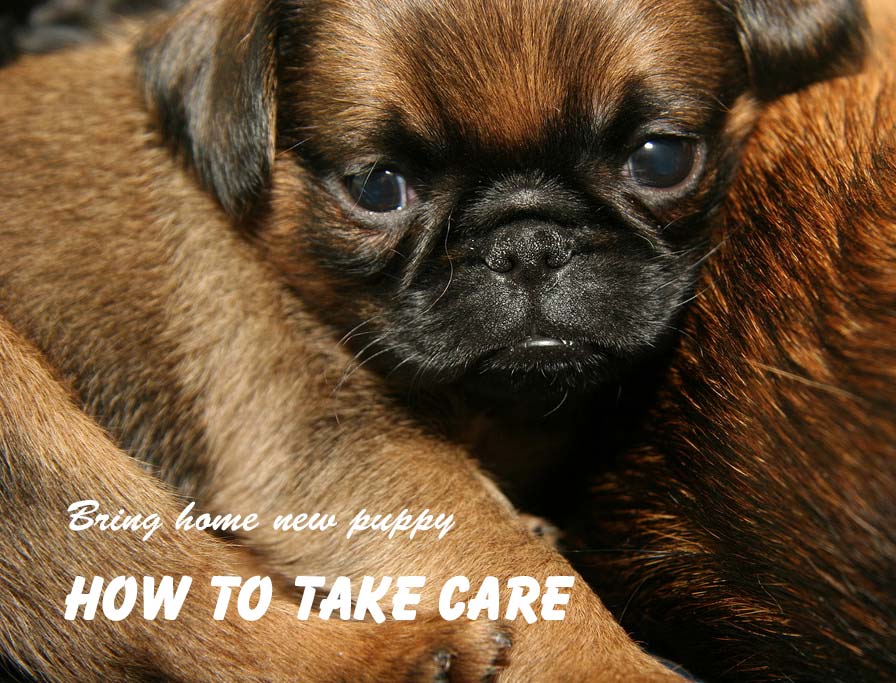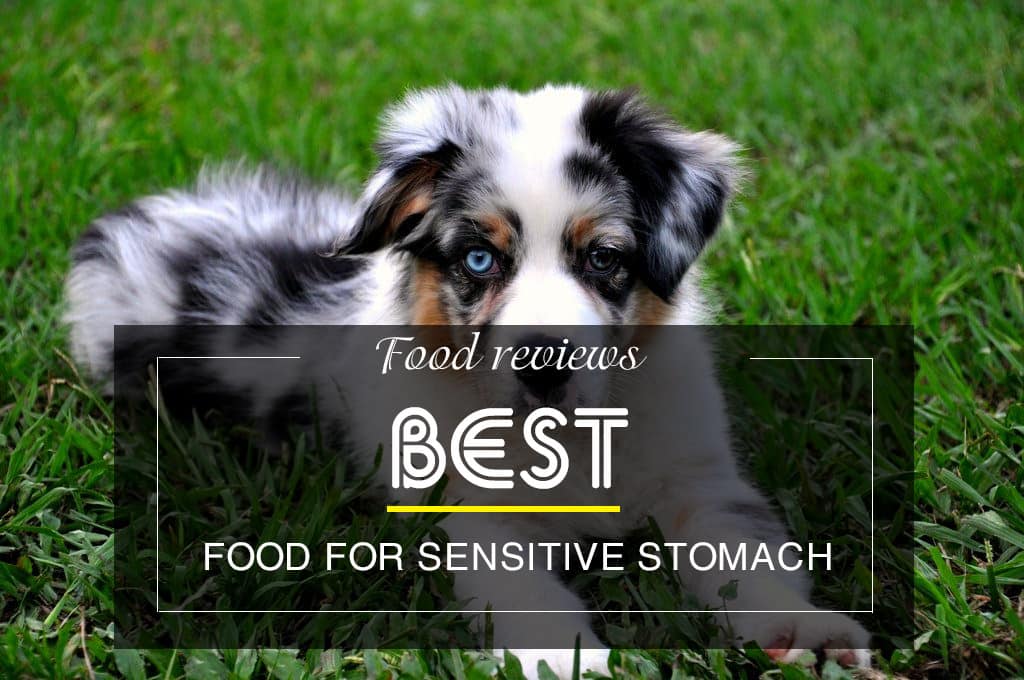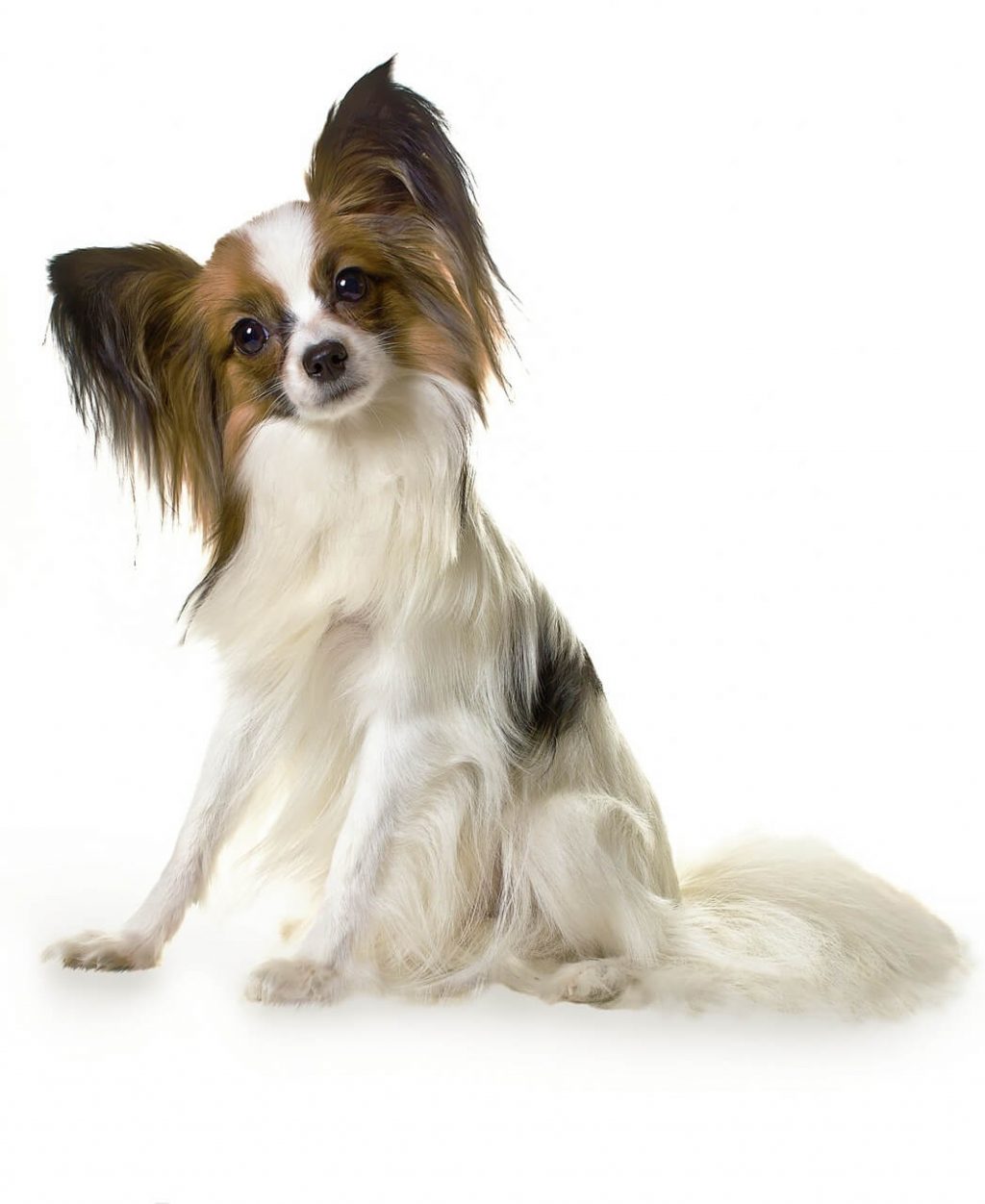This age is when most breeders are willing to let puppies go home with new owners. It’s likely that your 8-week old puppy has already had its shots and been weaned from their mother. But, you probably have a lot of concerns. After all, your new family member is still a baby!
See also:
We have all the information here to help you care, train, and develop your new pup. But most of all, enjoy this age.
Puppies are full of energy and are known for being playful. This age is the best age for puppies to learn new skills. It’s also the age where they will develop many habits that may follow them through life.
8 Week Old Puppy Care
When we’re talking about general puppy care there are a few aspects you really want to focus on:
- Health
- Food
- Activity
- Training
- Sleep
It might seem like a lot of responsibility to take on, but you can manage it. Don’t let schedules and time slots overwhelm you. These 5 categories are easy to explain and will begin to fit naturally into your schedule.
Health
Unlike human babies, an 8-week old puppy probably won’t need regular vet visits throughout their first year of life. You should find a good family vet if you don’t have one already. Finding a vet when you don’t need one will ease the tension of looking for a vet in an emergency.
The other aspect of health besides finding a vet is to establish good health practices now. Many of the habits developed during these early weeks will follow them throughout life. If you regularly go to the groomers now, they will have fewer issues handling this stress in the future.
Remember that grooming, diet, exercise, and vaccines are all part of the overall health of your puppy. Start putting good practices into place now.
Food
There is a lot to cover on food, and some information varies by breed. If you’re looking for some quick tips, here they are:
- Always aim to buy food made for puppies (more on this later).
- Start with smaller portions.
- Don’t leave food down on the ground.
These 3 pointers are a great place to start, but we explore each of these aspects in detail below.
Activity
From walks on Sunday to digging in the yard on Tuesday, you need to monitor your dog’s activity levels closely. Many “bad dog” behaviors start at about 8-weeks old. At first, it might seem cute, but beware, these habits are signs that your pup isn’t getting enough energy out.
Training
It might seem like your 8-week old pup is still just a baby, but they are at their peak of learning new skills and habits. If you’re afraid of a disciplining your little one, try alternative methods like the clicker or reward-style training to begin training your furry friend early.
Sleep
Many people are afraid that when they get a dog, they’ll have to devote a ton of their time to care for it. That time will come, but puppies need a lot of sleep. Puppies could easily steal the catnap title, as they need anywhere from 18 to 20 hours of sleep a day. That means that they’re awake for about 4 to 6 hours a day. You don’t need to entertain them every waking moment. In fact, they appreciate quite as much as you do.
Everything to Know About Feeding Puppies
Feeding puppies might seem like a science, but it’s more of an art form. There are a lot of recommendations on how much to feed a puppy based on their breed and current weight. Some people recommend leaving food down all day, and others suggest a strict feeding schedule.
But, how do you find the system that works best for you and your four-legged friend? Keep a few things in mind when you’re deciding, when, how, and what to feed your new pup. First, puppies are adventurous, but they don’t enjoy changing diets. Usually, they’ve just recently been weaned from their mom. Give them some time to get used to a food before deciding that what you’re trying isn’t working.
Secondly, your pup’s breed might be a good indicator of how much they’ll eat when they are older, but for now, look at their physical size. General breed sizes are useful after the first year. But puppies of all breeds are growing, developing, and learning at break-neck paces. Finally, consider that the habits you start now can follow them throughout their adult life. A healthy diet with occasional treats is best. You must fight the desire to award them table scraps, or bacon-like treats for every good deed.
How Much to Feed an 8 Week Old Puppy?
We mentioned earlier that at this age, breed doesn’t play as big of a role as general size does when deciding rations. You might argue that the breed determines how big the puppy is, but we’ve seen tiny St. Bernard puppies and chubby Chihuahua pups.
By 8-weeks old, your puppy should be completely weaned. But, it might still have the urge to associate food with comfort (don’t we all?). You must stop this behavior as soon as possible. Pups that like to comfort feed will get very chubby and may lead a full, but obese, life.
The go-to ratio, for any puppy, is:
- 4 daily feedings
- Begin with the recommending serving sizes printed on the label
- Plan treats in between meals
- Always choose puppy focused food formulas
The vital aspect we listed here is that you should begin with the recommended serving size. Unfortunately, there isn’t a lot of regulation for dog food formulas, but many brands get pretty close for serving sizes.
You want to give your pup the recommended serving size twice a day. So, each feeding time will be half of a serving. You can increase or decrease these serving sizes as you see fit for your pup.
Signs that you can increase serving sizes include:
- Licking the empty bowl
- Sitting near the bowl between feeding times
- Whining after feeding times
Signs that you should decrease serving sizes include:
- Bloated belly
- Constipation
- Drop in energy
Use these signs to help you decide the serving size of your feedings. Puppies are quick to let you know when they need more food. But, they are more than happy to keep eating even when they are full. It is more difficult to know you’re overfeeding your dog until they are overweight.
What to Feed an 8 Week Old Puppy
There are a few things to consider when choosing dog food for your 8-week old pup. You want:
- High nutritional density
- Easy to digest formula
- Stable ingredient profiles
These aspects will usually guide you towards the premium dog food options. With the recent issues of chemicals present in both bargain and premium brands, you can never be too careful. Read the ingredients labels!
Just as you would read a nutritional label for yourself, you want something that only has recognizable ingredients. Meat should always be the first ingredient. But, you also want to see simple carbs such as sweet potatoes, and veggies in there too.
Many premium brands have formulas developed for puppies. These are probably your best options.
When you’re choosing between wet or dry food, you should focus on what your pup is willing to eat. If your new friend only had canned food before they came to you, it might be best to cater to their wet food preference for a few weeks as they adjust to a new environment.
You may want to slightly moisten their kibble or mix wet and dry food until they are 10 to 12 weeks old. This can help transition your pup to dry food and keep their stomach settled. But for adults, many dog owners prefer kibble because of the gum dental health benefits.
8 Week Old Puppy Food
This is the where size comes into play. Many “for puppy” dog foods specify if the formula was made for large or small breeds. Unfortunately, many dogs are medium-sized! So, what is the difference and how can you make a good decision?
Puppy foods for large-breeds usually have more carbs or slow burning nutrients. This will help puppies grow at a staggered pace. Large-breeds run the risk of developing too fast. Generally growing too fast isn’t a problem for small puppies. Because large-breed generally take more time to reach their adult size, you want to let their growth happen naturally.
Puppy foods for small-breeds, however, focus on high volumes of protein and low carbs. Smaller dogs or smaller breeds usually have very fast, but very sensitive digestive systems. A high protein diet will help boost them through the sensitive stomach phase. But, the issue here is that small dogs will have a lot of diarrhea at first.
When you’re choosing a puppy food for a medium size breed or pup, you should consider how fast they’ve grown in the last 3 or 4 weeks. This time period can help you decide if they need help getting through the puppy phase, or if they need a little more time.
8 Week Old Puppy Feeding Schedule
You should feed your puppy 3 or 4 times a day. Ideally, your pup will get 4 feedings, but we understand that many pet parents aren’t home multiple times throughout the day. So, how can you manage to get your pup everything they need without disrupting your day-to-day life?
Plan their feedings around the time you usually leave. Although many people like to feed their pets when they get home, that can increase the likelihood of separation anxiety. On top of thinking that you’re gone forever, they may believe that they’ll never be fed again!
Feed your pup:
- First thing in the morning (they need breakfast too!)
- Before you leave the house
- 30-minutes to an hour after you return home
- Right before bed
These feeding times are easy to keep to, and your pup should be full all day. Even if their first and second feeding is only 30 or 45-minutes apart, it gives them the chance to eat. The opportunity to eat at this stage is significant. Many 8 week old puppies are walking the fine line between adventurous curiosity and unreasonable fear. A full food dish will help them feel that their environment is safe.
How Often Should I Feed My 8 Week Old Puppy
If you are home all day, you can feed your puppy every 3 or 4 hours during the day, totaling to 4 feedings in a 24-hour period. But, you should take care to not leave extra feedings down for your pup when you’re leaving home or sleeping.
Your puppy will likely inhale every bit of kibble in their bowl. Puppies don’t understand the feeling of full yet and will continue to eat until they are uncomfortable and bloated. The ideal number of feedings is 4 per day.
Overall, your goal should be to feed your pup at the same times every day. You can choose the time but try to ensure that they get enough to eat before you leave the house and before you call it a night.
Put Your 8 Week Old Puppy on a Schedule
Schedules are important for everyone. But, puppies or any baby animal for that matter, don’t understand how schedules work at first. To put your puppy on a schedule, you need to be consistent and stubborn.
Keep a few things in mind when planning the schedule that works best for you and your pup:
- Puppies need 18-20 hours of sleep per day
- Feeding time will take you less than 5 minutes
- Plan exercise for times that permit the best weather
A lot of people have some anxiety when planning to get a puppy that they will need an around the clock schedule. But, that’s not really the case. To set up a schedule for your puppy, first, take note of the times of day they regularly sleep.
There is no reason to disrupt their sleep schedule while they are growing. You can establish good sleeping habits for them with crate training.
You can schedule feeding times that work best for you. You can also schedule outing times for restroom breaks at times that are convenient. But, keep in mind that potty training can be a lengthy process. Have patience that you might need to schedule a lot of outings for restroom breaks if your pup is indoors all the time.
Finally, exercise or play outside when the weather is good. Some parts of the country are hot all throughout the afternoon. But, other areas cool off after 2pm. Always consider which times of day might be too hot or cold for you or your puppy.
Everything to Know About Puppy Training
Training should be a fun part of having a puppy. Keep in mind that training is about establishing long-term habits. The tricks are fun, but the initial goals should include potty or crate training and basic good behavior commands.
So, what are the training do’s and don’ts?
Do:
- Reward good behavior
- Use your hands and your voice
- Work without distractions
- Schedule time for training
- Use the same commands even away from training time
Don’t:
- Rely on an excited voice to get your pup’s attention
- Let your dog walk in front of you
- Stop practicing
These invaluable bits of information should guide you through training from start to finish. Always stay consistent with rewarding good behavior and disciplining bad behavior. For example, if you have a dog that loves chewing, you want to discipline them the same for chewing on your shoes as anything else that’s not their designated chew toy.
What Training to Start at 8 Weeks Old?
This age is the perfect age to start training. An 8-week old puppy is the perfect age for learning and will absorb a ton of information. So where do you start?
Many puppy owners find that the basics are the best place to start an excellent routine for training. Basics include house or potty training, crate training, and commands such as down, heel, or sit. Potty training is probably the most challenging behavior to train. But, when you conquer it, you can move on to earlier tasks like crate training.
We’ve broken down the early steps of training here. So, decide where you want to start, and then dive in!
8 Week Old Puppy Potty Training
Puppy potty training does not usually come naturally to any dog. You might have lucked out and found a puppy that was already housebroken. But otherwise you’ll be looking at weeks of puppy pads, and many visits outside.
If you leave your dog outside during the day or night, you have a bit of an advantage. Because your dog is already outside so much, they will feel more comfortable, doing their business out there.
But, if you have your pup indoors, or live in an apartment where you don’t have a yard, you’ll need to make frequent trips out with the leash. The benefit of having to walk your dog whenever they need to use the restroom is that they will naturally catch on to other good habits such as behaving on a leash.
To start potty training, you want to use puppy pads. Find a place that they poo’d or like to pee and lay a pad down. Many dog owners recommend soaking up a bit of the pee with a puppy pad so they can smell that this is where they used the restroom before.
Over the course of a few days, you’ll want to move the puppy pad closer to the door. As you move the pads closer to the door, be sure to keep some of their scent on the new puppy pads.
But, a large part of potty training at 8 weeks old is watching their behavior. If you see any sniffing or squatting, it’s time for a quick trip outside.
8 Week Old Puppy Crate Training
Crate training is one of the most natural training stretches, but it isn’t for every dog. It’s not cruel, by any means, and can create a higher sense of comfort than your dog could have without a crate.
Crate training caters to a dog’s natural inclination to have a den. When choosing a crate, you should look for something that has a lot of ventilation. You don’t need the largest crate, but you should choose something that your pup can stand in, and you might need to upgrade depending on their growth.
Crate training is so easy because you just need to encourage them to love and accept their new den. You can line their crate with blankets or pull a blanket loosely over the top of the crate at night to block out extra light.
Start by introducing the crate for a few minutes at a time. Give them a treat and let them bring in any toys they were playing with before it was crate time. It’s important that you don’t allow any member of your household to invade their crate, this is their space.
The FAQ for Your Pup
Without a doubt you have questions, and maybe a few concerns about your new pup. Each furry friend has a unique personality. From their paws to the tip of their tail, they will come with their own unique experience. But, here are a few common concerns that new puppy owners encounter.
What Do I Do When My 8 Week Old Puppy has Diarrhea?
Diarrhea is really popular among smaller breeds and smaller puppies. Until about 8 weeks old they had probably only had milk from their mother. Introducing wet food, or kibble can disrupt their very sensitive stomachs and digestive systems.
Follow these simple steps to help ease diarrhea and prevent it from coming back:
- Leave fresh, clean water available at all times
- Stick with the new food for at least 2 weeks
- Contact your vet if you notice pale gums, discomfort, bloating, vomiting and bloody diarrhea
Freshwater will help them stay hydrated through this bout of diarrhea. New food is the most common reason for 8-week old puppies to have diarrhea. When you’re introducing a new food, you should do it slowly. But, if your pup already has diarrhea, you will need to try to ride it out. Give any new food at least 2 weeks before calling it quits. If your puppy still has digestive issues after 2 weeks, you need to change their diet.
8 Week Old Puppy Humping
Humping or mounting is a very common puppy behavior. They may want to gain social status and establish dominance or desire attention. Some puppies hump when they are stressed, and others mount because they’re excited.
No matter the reason, you want to stop this behavior immediately. Allowing a dog to mount or hump you or other animals promotes their feelings of dominance. You must remain the dominant member of the household to this puppy’s eyes. Quietly remove them from your leg, foot, or arm and place them away from you. Commands such as “leave it” are very effective to stop humping.
My Puppy Cries at Night, but he’s Already 8 Weeks Old!
It’s heartbreaking to hear the soft whines or loud howls of a puppy. So how can you help them? Keep their situation in mind. Many 8 week old puppies are used to having their mom around all the time. Or, they may have been surrounded by many siblings. Odds are, if you just brought this puppy home, they aren’t used to being alone.
To ease puppy cries at night, you can always place a shirt of yours in their crate, or a ticking clock. The smell of your clothes may comfort them. But, a ticking clock will remind them of the rhythmic sound of a heartbeat.
8 Week Old Puppy Biting Habits
Puppies bite and those little baby teeth are sharp. But, biting because of teething and chewing habits are completely different. You’ll want a chew toy that they can really sink their teeth into. Look at ropes or silicone toys that will offer some pressure and teething relief.
If you notice your puppy is biting on anything other than their toy, direct them back to the toy or distract them.
How Much Should an 8 Week Old Puppy Sleep?
On average, an 8-week old puppy needs 18 to 22 hours of sleep until they are about 12 weeks old. They are learning and developing a lot. So, sleep helps them process what they’re learning and grow physically as well.
But, just because they are sleeping for 18 to 22 hours a day doesn’t mean that they’ll sleep through the night. They may wake up with a ton of energy in the middle of the night. It’s best to let them burn that energy off and go back to sleep.
 Best Automatic Dog Feeders in 2019
Best Automatic Dog Feeders in 2019 Best Dog Leash for Pulling
Best Dog Leash for Pulling How to Take Care a 5-week Old Puppy
How to Take Care a 5-week Old Puppy Best Dog Foods for Sensitive Stomach, Gas, and Diarrhea Problems
Best Dog Foods for Sensitive Stomach, Gas, and Diarrhea Problems Best Dog Clippers for Matted Hair
Best Dog Clippers for Matted Hair
Leave a Reply